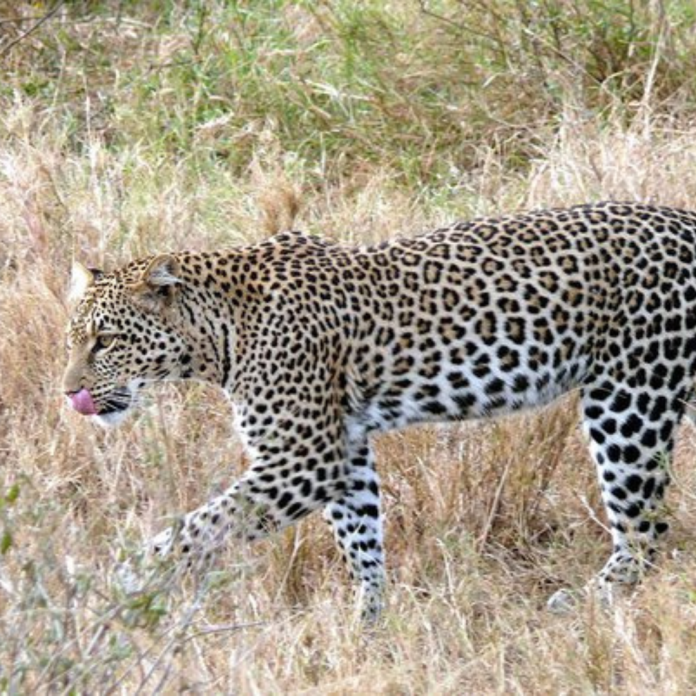In a terrifying and highly unusual event in Chad’s capital, N’Djamena, a so-called “pet” leopard broke free from its owner’s compound and launched a surprise attack on a nearby primary school, injuring four children and a teacher.
The incident occurred early in the morning around 7:00 a.m. in the Amsinene district, a quiet residential area that had likely never witnessed anything like it before. The leopard, reportedly owned by a high-ranking army colonel, first escaped into the officer’s own compound, where it injured one person. But the real panic began when the animal leapt over a wall and made its way toward a nearby school, where morning classes had just begun.
Witnesses described the scene as chaotic. “We heard children screaming, and teachers running. At first we thought it was a fight or some kind of drill,” said Moussa Issa, a local resident. “Then we saw the leopard—real and wild—running across the schoolyard.”
Children scattered in all directions as the animal lunged, scratching and biting in a brief but violent episode. Four students and one teacher suffered injuries, though none were reported to be fatal. It remains unclear how long the leopard had been living in captivity, but residents claimed the army officer had kept it as a “tamed” exotic pet.
The situation was finally brought under control when security forces tracked the leopard to the outskirts of a nearby military base and shot it dead.
The incident sparked outrage and debate across Chad about the legality and safety of keeping wild animals as pets—especially in urban residential areas. Animal rights groups and environmentalists were quick to respond, calling it a tragic example of human-wildlife conflict fueled by poor regulation and a lack of enforcement.
Leopards are classified as a vulnerable species by the International Union for the Conservation of Nature (IUCN), with their population in Africa having plummeted by more than 40% in recent decades, according to conservation group Panthera. Exact numbers are unknown, but the trend is unmistakably downward.
“This was a tragedy for both people and wildlife,” said a representative from Panthera at the time. “Wild animals belong in the wild—not in backyards, military compounds, or schoolyards.”
While the injured recovered and classes eventually resumed, the incident left a lasting scar on the community. For many, it served as a sobering reminder that wild animals, no matter how tame they may seem, are never truly safe to keep as pets.
By The Guardian


